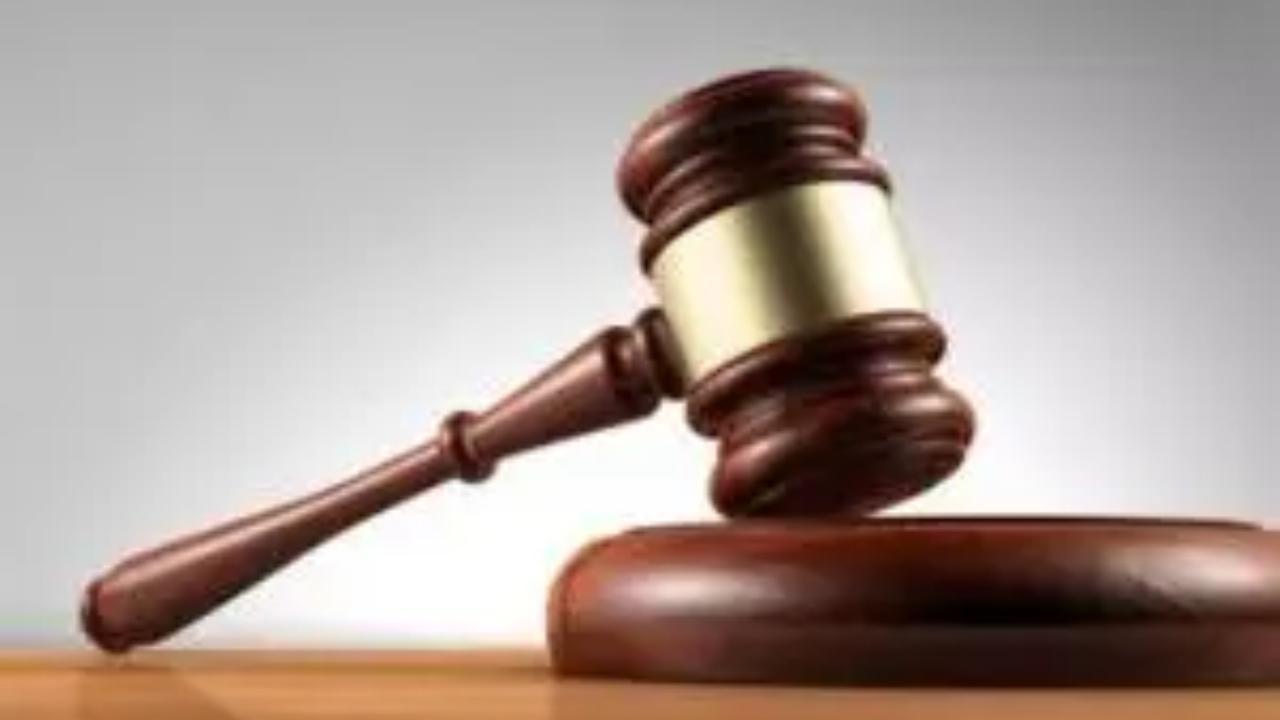The five-judge Constitution bench headed by Justice Sanjay Kishan Kaul said it will consider whether to refer the issue to a nine-judge bench

Representational Pic
A Constitution bench of the Supreme Court on Tuesday reserved its verdict on whether the plea against the practice of excommunication in the Dawoodi Bohra community needs to be referred to a larger bench.
The five-judge Constitution bench headed by Justice Sanjay Kishan Kaul said it will consider whether to refer the issue to a nine-judge bench.
The bench also comprising Justices Abhay S Oka, Vikram Nath, and JK Maheshwari heard the parties in the case who urged the court to wait for a nine-judge bench decision in the Sabarimala matter or refer the present case also to a nine-judge bench.
The nine-judge bench is seized of the Sabarimala case with respect to the entry of women into the Sabarimala hill shrine in Kerala. It is also considering three other cases involving women's rights with regard to religious practices.
During the hearing, Solicitor General Tushar Mehta appearing for Maharashtra, told the bench that this case should be tagged along with the Sabrimala case before the nine-judge bench.
He further said that reconsideration of the 1962 judgment, which was also rendered by five judges, may not be possible by a bench of the same strength.
Senior advocate Fali Nariman appearing for one of the parties in the case submitted that the matter should be deferred till the nine-judge bench gives its verdict.
The top court then reserved its verdict.
On the last date of the hearing, the bench had decided to examine whether the practice of ex-communication in the community can continue as a "protected practice" despite the Maharashtra Protection of People from Social Boycott (Prevention, Prohibition and Redressal) Act of 2016 have already come into force.
Also Read: Palghar lynching case: Maharashtra govt ready to transfer case to CBI, tell SC
Nariman had said that the questions posed in the case have become "moot" with the enforcement of the 2016 Act, which has repealed the Bombay Prevention of Excommunication Act of 1949.
"The 2016 Act provides a remedy to all victims of social boycotts. A complaint can be lodged with the nearest Magistrate in case of apprehension of a social boycott by a religious body. If any member of a community is subject to ostracisation, please file a complaint. Excommunication is not legally feasible now," Nariman had said.
Senior advocate Siddharth Aggarwal, appearing for the petitioners, however, had said that a general law on social boycott may not protect the Bohra community members facing ex-communication.
Aggarwal had said that the 2016 Act was a Maharashtra law and the "practice may not be confined to Maharashtra".
The Constitution bench was hearing a case filed by the Central Board of Dawoodi Bohra Community in 1986 to re-consider and over-rule the 1962 judgment of another five-judge bench.
The 1962 judgment came on a challenge by Syedna Taher Saifuddin, the head of Dawoodi Bohra Community to the Bombay Prevention of Excommunication Act, 1949 on the ground that the provisions of the Act infringe Articles 25 and 26 of the Constitution.
Syedna's contention was that the Act infringed upon his constitutional freedom of religion by curtailing his right, as the religious head, to discipline the community by casting out "errant" members.
The 60-year-old verdict of the Supreme Court had regarded ex-communication as a legitimate practice of a community that had to be protected under Article 26 of the Constitution, which grants individuals the freedom to manage religious affairs.
The Supreme Court had concluded that the 1949 Act was unconstitutional.
In 1949, in what was then Bombay Province (that included the states of Maharashtra and Gujarat), the State government had passed the Bombay Prevention of Excommunication Act, 1949, with the objective to protect the civil, social, and religious rights of those excommunicated by their own communities.
In 2016, the Maharashtra Legislative Assembly passed the Act identifying 16 types of social ostracisation and made them illegal, punishing the perpetrators with imprisonment for upto three years. One among the 16 deals with the expulsion of a member of a community.
This story has been sourced from a third party syndicated feed, agencies. Mid-day accepts no responsibility or liability for its dependability, trustworthiness, reliability and data of the text. Mid-day management/mid-day.com reserves the sole right to alter, delete or remove (without notice) the content in its absolute discretion for any reason whatsoever
 Subscribe today by clicking the link and stay updated with the latest news!" Click here!
Subscribe today by clicking the link and stay updated with the latest news!" Click here!








